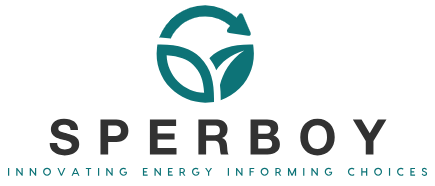Why I Switched to an Inflatable Swimming Pool for Adults: My Personal Experience and Expert Insights
As the sun blazes down and temperatures rise, the allure of a refreshing dip becomes irresistible. I’ve often found myself daydreaming about lazy afternoons spent lounging by the water, cocktail in hand, surrounded by laughter and sunshine. This is where the inflatable swimming pool for adults comes into play—a delightful solution for those of us…
